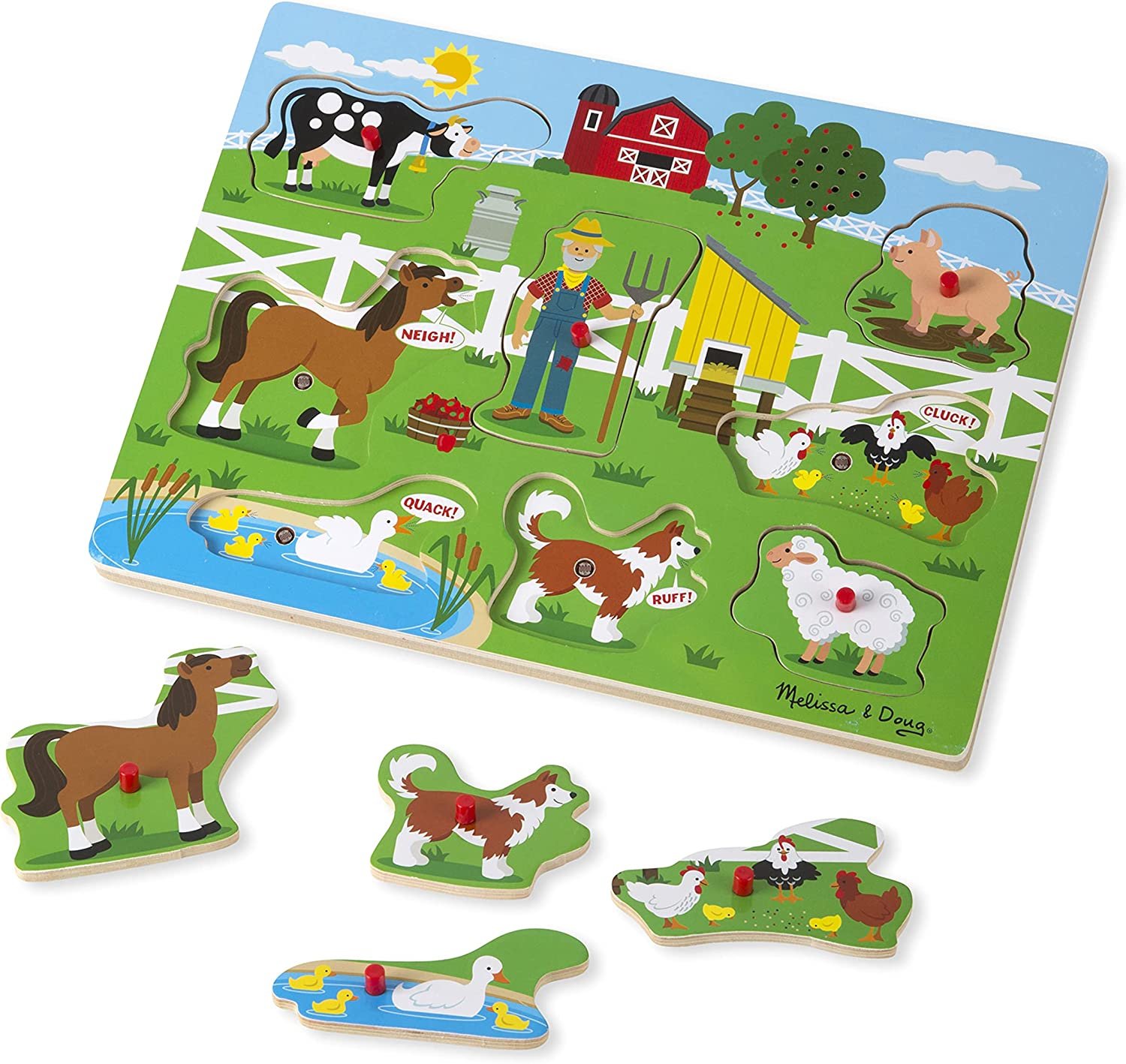BOOKS
Reading and talking to your children about what's on the book page is huge for development.
Here are ways to elicit language:
Receptive Language:
Have them identify items (Examples: “Point to the pig” “Where is the cow?” )
Expressive Language:
Ask them about what they see (Examples: "What do you see?" "What is this?")
Ask them Yes/No Questions (Examples: "Is this a ball?" "Is the girl jumping?")
WEBSITES
Note: please refer to the Practice Area page for reference on speech sounds, fluency, language and social communication
Use the following links to get more in depth information about what your child's current communication skills are based on research and information from the American-Speech and Hearing Association (ASHA):
Websites for fun activities to do with your child (Free and Paid activities):
TOOLS & TOYS
FOOD ITEMS
Various play skills are so important for development.
You can also work on taking turns or requesting. Examples: I want ______. Commenting: I like ______. I see ______.
PUZZLES
Vehicles, food, animals, colors, body parts are all common objects/concepts.
Puzzles with different sounds or incorporating different sounds of animals and vehicles is important for early development (cow says moo, duck says quack).
Also identifying and labeling common objects is also a tool to use with these toys
FINE MOTOR & SPEECH
Having a child hold something or open something incorporates fine motor movements and then can incorporate speech by asking WH questions:What do you see?
What is that?
Who drives the firetruck?
Where do you see the car?
Where do you see a pig?
Tip: If a child is unable to answer the question, give them 2 options. Examples: Where do you see a pig? At the farm or the jungle?
PINEAPPLE TOY
Work on body parts and what we do with each body part:Eyes are for seeing
Hands are for touching or hugs
Ears are for hearing
Nose is for smelling
Can also work on emotions (Angry: What could make you angry? Happy: What makes you happy?)
Tip: Modeling speech and language for your child is how they will be exposed to learning these concepts quicker. Biggest rule of thumb, model!
-

Top Bright Fishing Game
-

Pop The Pig
-

Soft Alphabet Cards
-

Ice Cream Counter
-

Color Sorting Set
-

Latches Board
-

Hide + Seek Farm Puzzle
-

Fish Color Puzzle
-

Farm Sound Puzzle
-

Puzzle Game Set
-

Puzzle 6 Pack
-

Puzzles and Rack Set
-

Puzzles for Toddlers
-

7 Pack Puzzles
-

Animal Playset
-

Squeak Bath Toy Set
-

Farm Animals Toys
-

Miniature Toy Vehicles
-

Wooden Vehicles for Toddlers
-

Big Feelings Pineapple
-

Kitchen Playset
-

Kitchen Accessories
-

Busy Book
-

100 Words Book






